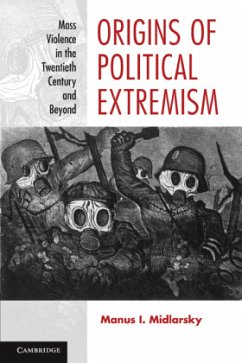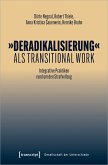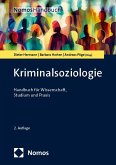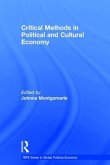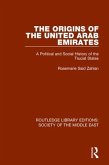Political extremism is one of the most pernicious, destructive, and nihilistic forms of human expression. During the twentieth century, in excess of 100 million people had their lives taken from them as the result of extremist violence. In this wide-ranging book Manus I. Midlarsky suggests that ephemeral gains, together with mortality salience, form basic explanations for the origins of political extremism and constitute a theoretical framework that also explains later mass violence. Midlarsky applies his framework to multiple forms of political extremism, including the rise of Italian, Hungarian and Romanian fascism, Nazism, radical Islamism, and Soviet, Chinese and Cambodian communism. Other applications include a rampaging military (Japan, Pakistan, Indonesia) and extreme nationalism in Serbia, Croatia, the Ottoman Empire and Rwanda. Polish anti-Semitism after World War II and the rise of separatist violence in Sri Lanka are also examined. Political extremism is amongst the most destructive forms of human expression. During the 20th century over 100 million people lost their lives at the hands of extremist violence. This book provides a theory to explain the rise of multiple forms of political extremism and the resort to mass violence.
Hinweis: Dieser Artikel kann nur an eine deutsche Lieferadresse ausgeliefert werden.
Hinweis: Dieser Artikel kann nur an eine deutsche Lieferadresse ausgeliefert werden.

